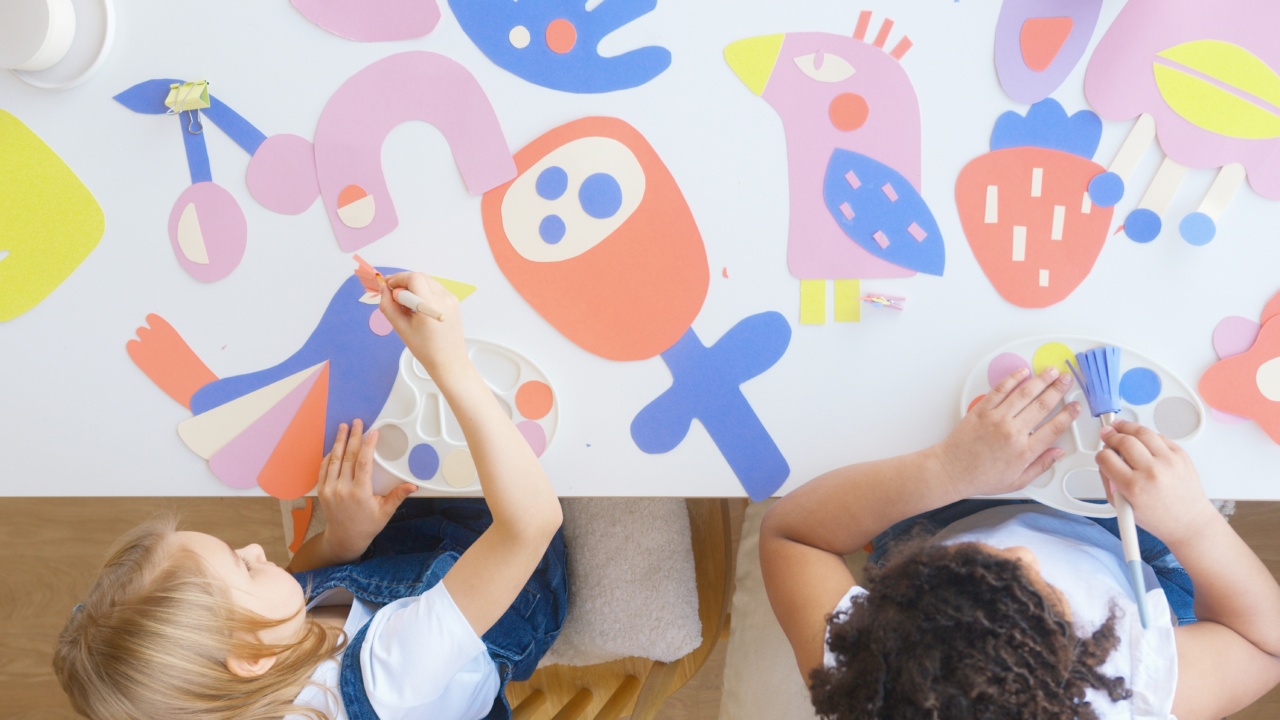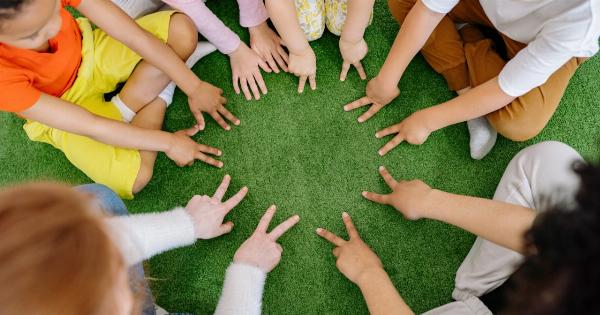Kindergarten is a crucial and essential part of children’s educational journey, and it provides them with the necessary foundation for learning.
Children learn a variety of skills and abilities while in kindergarten, including social, emotional, cognitive, and physical skills. These abilities are essential for their development and success in later life.
Social Skills
Social skills are key abilities that children develop during kindergarten and will continue to refine throughout their lives.
These abilities involve learning how to interact with others, including how to communicate effectively, collaborate, and form relationships. Children who develop strong social skills are more likely to succeed in life, both personally and professionally. They are also less likely to experience social isolation, depression, or anxiety.
Emotional Intelligence
Emotional intelligence is another critical ability that children develop during kindergarten. This ability includes learning to recognize and manage emotions in oneself and others.
Children learn how to develop empathy, show compassion, and handle emotional situations appropriately. These abilities are critical for building relationships with others, understanding the needs of others, and resolving conflicts.
Cognitive Abilities
Cognitive abilities are critical skills that children develop during kindergarten. These abilities include learning how to think critically, solve problems, and make decisions.
Children also learn how to communicate their thoughts effectively, develop curiosity, and explore their environment. These abilities set the foundation for their future learning and success in school and beyond.
Physical Skills
Physical skills are also essential abilities that children develop during kindergarten. These abilities include developing gross and fine motor abilities, such as running, jumping, drawing, and cutting.
They also learn about nutrition, personal hygiene, and integrating physical activity into their daily lives. These abilities are crucial for their overall health and well-being and set the foundation for a healthy and active lifestyle.
Creativity and Imagination
Kindergarten is a place where children can let their imagination run wild and develop their creativity. They learn to express themselves creatively and appreciate the creativity of others.
They are encouraged to engage with materials and create something new, whether it is through drawing, painting, building blocks, or playing with toys. These abilities are vital for their future success, as creativity and innovation are increasingly becoming important in the workforce.
Communication Skills
Communication skills are vital abilities that children develop during kindergarten. They learn to express themselves clearly and concisely, listen actively to others, and understand different forms of communication.
They learn how to use language appropriately, including grammar, syntax, and vocabulary. These abilities are essential for their future success, as communication is a critical skill required for any job.
Cultural Awareness
Kindergarten is an excellent place for children to develop cultural awareness. They learn about different cultures, customs, and traditions, and appreciate diversity.
They develop the ability to respect and celebrate differences, and this helps them become more tolerant and understanding of others. These abilities are essential for their success in a globally connected world and help promote harmony and peaceful coexistence.
Pre-Math and Pre-Reading Skills
Kindergarten is where children develop pre-math and pre-reading skills. They learn about numbers, shapes, patterns, and develop an understanding of basic math concepts.
They also learn about the alphabet, develop phonemic awareness, and learn to read and write basic words. These abilities set the foundation for their future academic success in math and reading.
Teamwork and Collaboration
Kindergarten is where children develop teamwork and collaboration skills. They work together in groups, learn how to cooperate, share ideas, and support each other.
These abilities are critical for their future success in school, work, and life, as teamwork and collaboration are increasingly important in today’s society. Children who develop strong teamwork and collaboration skills are more likely to succeed in group projects, work effectively with others, and excel in leadership roles.
Critical Thinking and Problem Solving
Critical thinking and problem solving are key abilities that children develop during kindergarten. They learn to think critically, analyze information, and make informed decisions.
They also learn about cause and effect, identify patterns, and develop problem-solving strategies. These abilities set the foundation for their future academic success and help them become successful thinkers and problem solvers in their adult lives.































